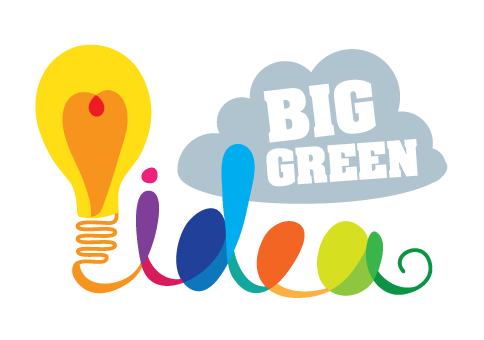We always search throughout various website to find out which is the best antivirus that is available for free or are in Lite version mainly to protect your phone from further threats or malware's. But what we don't realize is that many free antivirus available in the market or website are completely 'USELESS'.A shockingly high percentage of Android antivirus apps are still
ineffective, even after an update to the original study corrects overly
negative results.AV-Test, an independent organization well known for testing PC
security suites, put 17 popular Android anti-virus apps to the test. The
results were disappointing, to say the least. A majority of apps failed
to detect at least 65% of malware samples and six apps failed to detect
a single sample.

Mobile operating systems are the undiscovered country of computer
security. As hackers discover new ways to infect Android, security
researchers are looking for ways to remove or block those infections.
The results of the new study suggest that the hackers have the upper
hand.Over the past year, the popularity of the Android system has led to a
huge increase in the distribution of Android malware.This
malware is mainly distributed in markets operated by third parties, but
even the Google Android Market cannot guarantee that all of its listed
applications do not contain any threats. Users should no longer blindly
trust all apps. A large range of protection programmes that can help to
identify dangerous apps and remove them from a user's device are now
available.
AV-TEST has inspected 41 different virus scanners for Android with
regard to their detection performance. About half of these scanners are
not yet suitable for use as reliable products and identify less than 65%
of the 618 types of malware tested. The mobile versions of well-known
desktop products were mostly evaluated as good or very good.
Because of the complexity of
Android
malware, AV-Test focused on an app's ability to block families of
malware as opposed to individual threats. It came up with five tiers of
effectiveness, which I'm calling "levels" for simplicity.
-Level 1
detected 90 percent or more of the malware
-Level 2 detected 65 percent
to 90 percent;
-Level 3 only found 40 to 65 percent;
-Level 4 saw zero to
40 percent; and
-Level 5 detected zero percent.
The best products tested (with detection rates of 90% and above)
come from the following top 10 companies:
-Avast
-Dr. Web
-F-Secure
-Ikarus
-Kaspersky
-Lookout
- McAfee
-MYAndroid Protection/MYMobile Security
-NQ Mobile/NetQin
-Zoner
Users of products made by these companies can be assured that they are protected against malware.
Products with a detection rate of between 65% and 90% can also be
considered to be very good and have the potential to join the group of
best products above if small changes are made to the set of malware
tested. Some of these products only fail to detect just one or two
malware families that may not even be prevalent in certain environments.
The following 13 products fall into this category:
-
AegisLab
-AVG Mobilation
-Bitdefender,
BullGuard
-Comodo,
ESET
-Norton/Symantec
-QuickHeal
-
Super Security
-Total Defense
-Trend Micro
-Vipre/GFI
-Webroot
Third
category, namely that of products with a detection rate of between 40%
and 65% includes:
-
BluePoint
-G Data
-Kinetoo fall
It is possible that the manufacturers of these products do not
yet have a sufficient infrastructure that enables them to collect a wide
range of malware or that they focus on a local market. These products
provide reliable malware protection against a few families, but have
trouble dealing with and detecting others. It can be expected that these
products will improve when their manufacturers focus on a wider variety
of malware samples.The fourth category, which is used for products with a detection rate of
less than 40%, does not contain any products from well-known anti-virus
protection manufacturers.
So what I'm trying to say in here is that don't take risk always trust the brand name i.e., choose only the top listed product but dont try to download free antivirus without even knowing whether it would work or not. The research also concludes that, the most effective Android antivirus apps are those made by companies with Windows security programs.There are various websites that provide paid android antivirus software for free so, go ahead and download the top rated only.






























